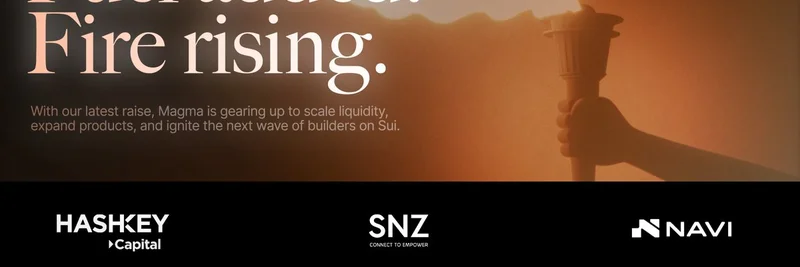The crypto world loves a good buzzword, and lately, "extractor" has been making waves on platforms like X. A recent post by Adam (@Adam_Tehc) on July 4, 2025, kicked off an interesting thread that’s got everyone talking. With a playful image of a coin labeled "EXTRACTOR," Adam quipped, "Extractors is a funny term getting thrown around. Especially since 99.99% joined crypto to extract money." Let’s break this down and see what it means, especially in the wild world of meme coins.
What Does "Extractor" Mean in Crypto?
At first glance, "extractor" might sound like a tool for pulling Bitcoin data (think cybersecurity tools mentioned on Netcoins' blog). But in Adam’s context, it’s more of a cheeky jab. He’s suggesting that most people enter the crypto space—especially the meme coin market—with the goal of making a quick profit, essentially "extracting" value from others. Meme coins, like those built on Solana or Base (Investopedia on meme coins), are often driven by hype rather than utility, making this term a fitting critique.
The thread quickly filled with reactions. Some, like @solgambles, leaned into the humor by sharing a link to an "Extractor coin," while others, like @OnlyDefiPriest, pointed out that even legit projects can feel like extractors if they don’t give back to the community. It’s a sentiment echoed across the replies—crypto, at its core, is a game of who can come out ahead.
The Meme Coin Connection
Meme coins are a big part of this conversation. These tokens, often created with little more than a funny idea and some marketing flair, thrive on speculation. As Exploding Topics notes, the crypto market hit a $3.8 trillion peak in December 2024, with meme coins contributing billions in daily trading volume. But here’s the catch: they’re not backed by anything tangible—just belief and hope. This makes Adam’s point hit home—many jump in hoping to "extract" gains before the hype fades.
Take the replies from @elitetmb and @ludethelegend. They highlight a harsh reality: more than half of newbies get "extracted" instead, losing money and leaving the space. @ludethelegend even compares it to poker, where the "house" (big players or projects) always wins. It’s a reminder that in meme coin land, the lines between investing and gambling can blur fast.
Is "Extractor" a Fair Label?
Not everyone agrees with the term’s negative spin. @fuhadd_sol calls it "virtue signaling," arguing that every market participant—crypto or otherwise—aims to make money. Fair point! Traditional stocks and bonds aren’t immune to profit-seeking either. But the crypto space, especially meme coins, amplifies this due to its decentralized, often unregulated nature. When projects fail to deliver value (as @shachikyoto hints with concerns about false promises), the "extractor" label starts to sting.
So, who’s getting extracted? @RonnyRogersen raises this question, and the answer isn’t simple. It could be new investors, the community funding a project, or even the blockchain network itself. The ScienceDirect study on mining inequality offers a parallel—extractive industries often hurt the vulnerable most. In crypto, that might mean small investors caught in pump-and-dump schemes.
What This Means for Blockchain Practitioners
If you’re into meme coins or blockchain, this thread is a goldmine of insight. First, it’s a call to educate yourself. @elitetmb’s advice to "learn how things work" is spot-on—understanding market dynamics can help you avoid being the one extracted. Second, it’s a nudge to build projects with real value. Meme coins don’t need to be just hype machines; adding utility could shift the narrative away from extraction.
At Meme Insider, we’re all about helping you stay ahead. This thread shows the crypto community is self-aware and debating its own flaws—a sign of growth. Keep an eye on these discussions on X, and let us know your thoughts. Are you here to extract, or to build? The choice might shape the future of meme coins!


